Keywords: Indigenous Affairs
-
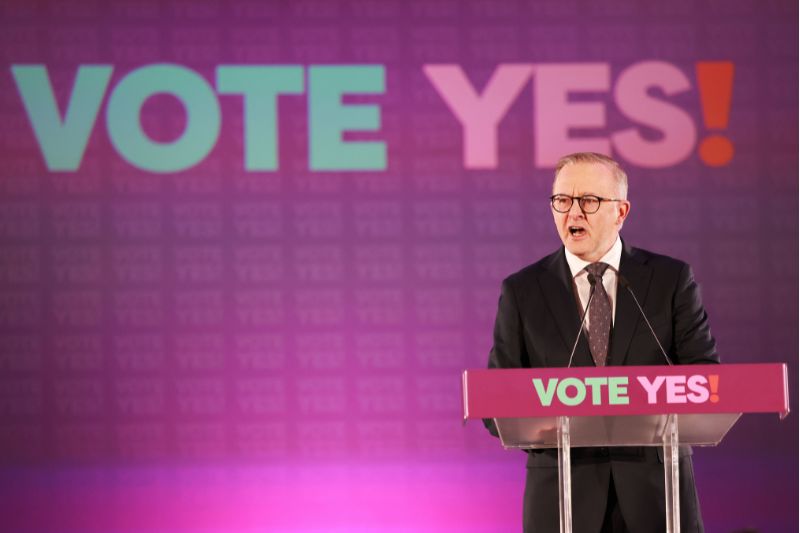
AUSTRALIA
- Michelle Grattan
- 04 October 2024
5 Comments
Almost a year after the Voice proposal was defeated, blame and recrimination are still being thrown around, and the government is still reeling from Albanese’s overreach.
READ MORE
-

AUSTRALIA
- Joseph Camilleri
- 28 August 2024
3 Comments
As Australia faces numerous moral crises from domestic inequality to global militarization, a proposed national charter of principles could to reshape our society and redefine our global role. This declaration would acknowledge Indigenous dispossession, prioritize human rights, and shift focus from military alliances to human security.
READ MORE
-
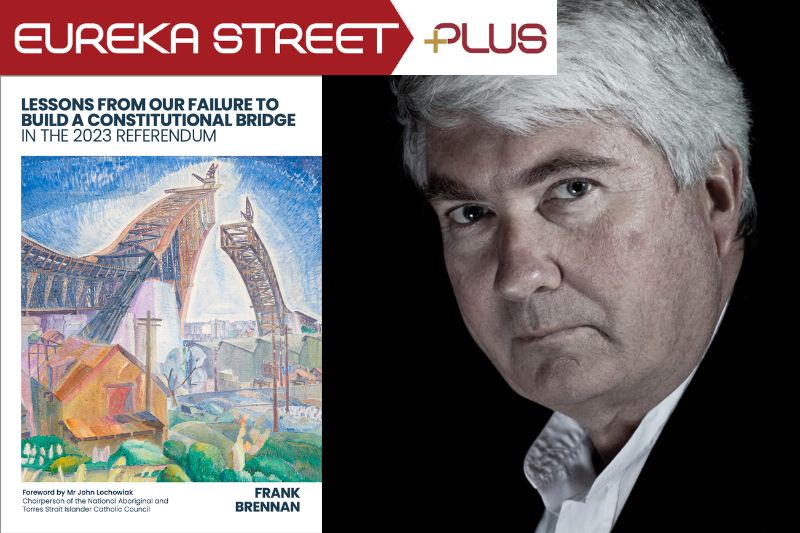
AUSTRALIA
- David Halliday
- 28 June 2024
13 Comments
It's been eight months since the Voice referendum, and people are starting to grapple with what its defeat means for Australia. There are few voices in Australia as qualified to conduct a postmortem of the outcome of the Voice referendum campaign as Frank Brennan. We examine what lessons can be learned and crucually, whether there’s reason for hope for Indigenous constitutional recognition.
READ MORE
-

AUSTRALIA
- Frank Brennan
- 13 May 2024
2 Comments
The Albanese government’s refugee and asylum policy is in a mess. When Minister Giles introduced his Migration Amendment Bill, they bypassed typical parliamentary procedures, wanting to be seen as tougher than Peter Dutton in getting unvisaed non-citizens out of the country. It’s time for the government to return to due process in this whole field.
READ MORE
-
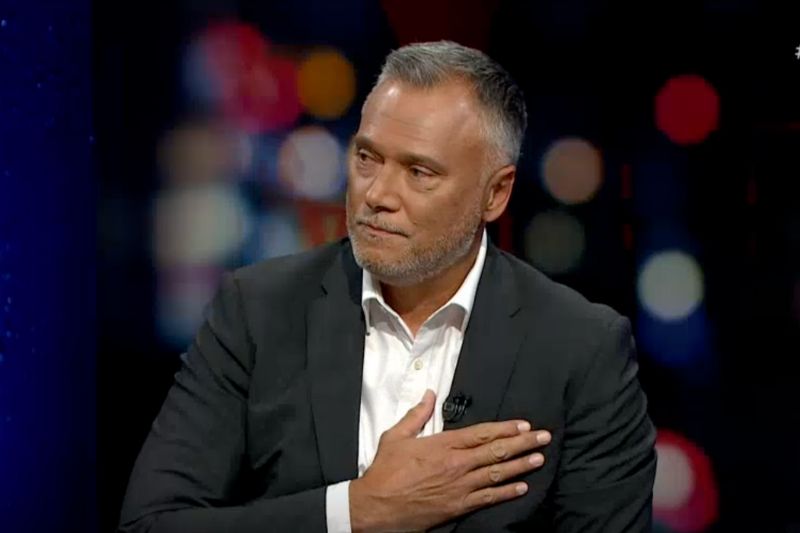
MEDIA
- Andrew Hamilton
- 11 January 2024
The departure of Stan Grant from his role at the ABC following racial abuse triggers collective dismay and brings to light the deeply rooted issue of racism in Australia. His exit from public life is a sobering reminder of the societal toll of bigotry, and underscores the urgent need to safeguard our public intellectuals.
READ MORE
-
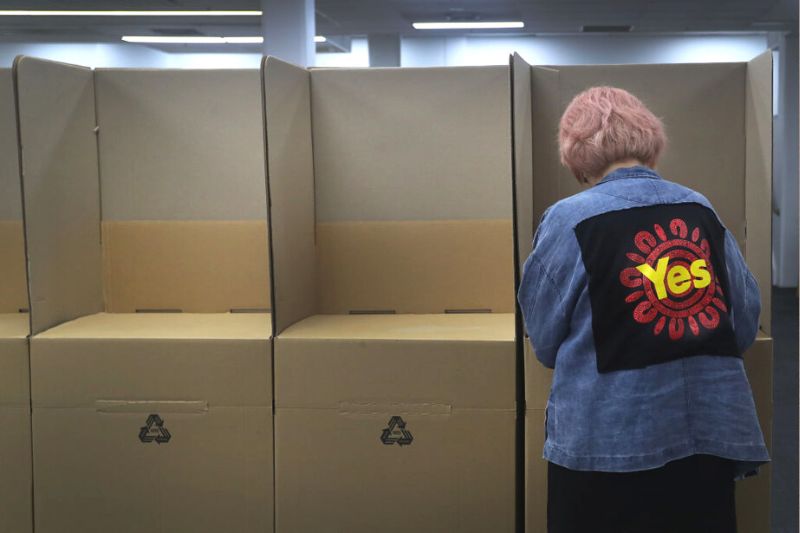
AUSTRALIA
- Joel Hodge
- 04 January 2024
The Australian Indigenous Voice referendum has been rejected, as anticipated by many, with the meaning and consequences now up for debate. This debate may be as crucial as the referendum debate itself to determining the future of reconciliation and what it means to be Australian in the 21st century.
READ MORE
-

RELIGION
- John Warhurst
- 14 November 2023
11 Comments
Religion and politics are frequent bedfellows. Despite many clerics and bishops holding strong political views, and many lay Catholics being active within political parties, the successful embrace of synodality depends upon finding middle ground, and leaders who respect a diversity of views.
READ MORE
-

AUSTRALIA
- Gillian Bouras
- 25 October 2023
11 Comments
In a world where every politician has something to say, only a select few wield their words well. As we grapple with the failure of the recent Voice referendum, it's worth drawing from these leaders and questioning what truly guides political decisions - morality or self-interest?
READ MORE
-

AUSTRALIA
- Joel Hodge
- 19 October 2023
44 Comments
The Australian Indigenous Voice referendum has been rejected, as anticipated by many, with the meaning and consequences now up for debate. This debate may be as crucial as the referendum debate itself to determining the future of reconciliation and what it means to be Australian in the 21st century.
READ MORE
-

AUSTRALIA
- Andrew Hamilton
- 19 September 2023
In our data-driven age, numbers shape perceptions, often shadowing reality. But should they define our entire understanding? Perhaps it's time to occasionally detach from the numerical deluge and truly value the essence of what and who matter.
READ MORE 
-
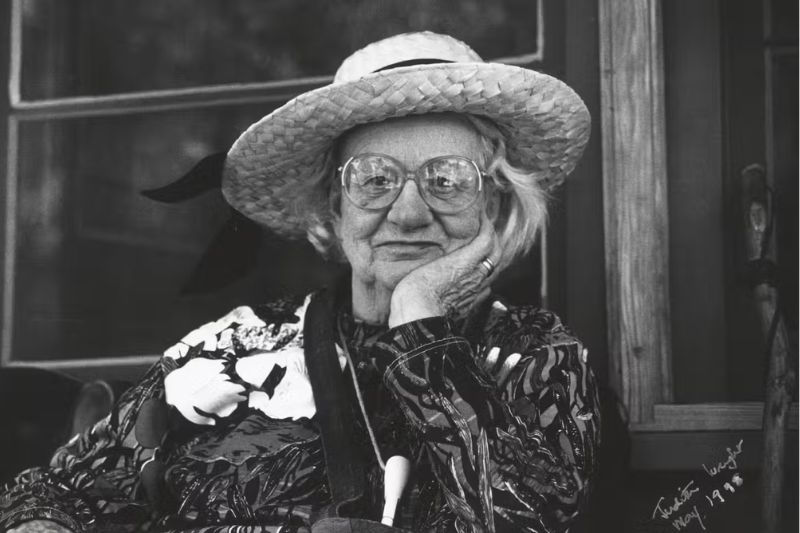
AUSTRALIA
- John Honner
- 24 August 2023
13 Comments
You might think that, if anyone could pull off the establishment of a treaty, a great poet and a great policy maker, working in harmony, would surely have the best chance. But this was not the case: when Judith Wright and H.C. Coombes advocated for a treaty throughout their lifetimes, they were unsuccessful.
READ MORE
-

EDUCATION
- Anthony Dillon
- 10 August 2023
1 Comment
We need to change the language from improving 'attendance' to improving 'engagement' — to reflect that schools need to be places of learning for Indigenous children, not just minding centres, and that learning comes with engagement. (From 2019)
READ MORE